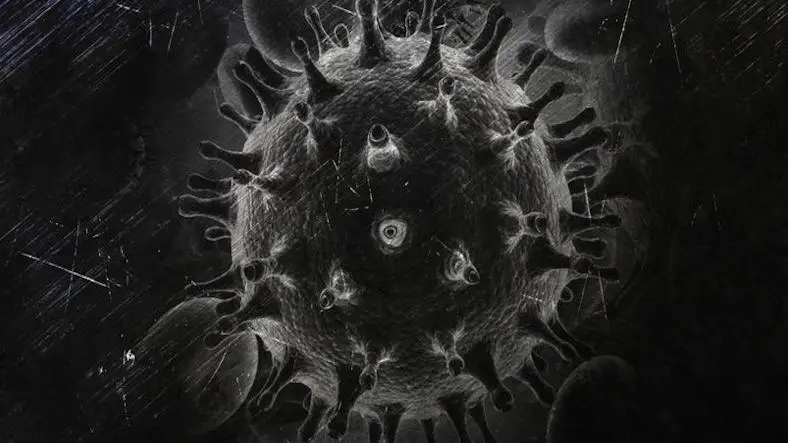Black fungus is an infection caused by a fungus named mucormycosis. This fungal infection is being reported in a few Corona-affected patients during or post-recovery.
People catch mucormycosis when they come in contact with the fungal spores in the environment. It can also be contacted through skin contact through a cut, burn, or any other form of skin trauma.
This is being detected among patients who are recovering or have recovered from the corona. However, people whose immune system is not functioning well and diabetic patients should be aware of this infection and should take precautionary measures to be safe from this disease.
According to an advisory issued by the ICMR, few conditions among Corona patients increase the risk of mucormycosis infection like
- Uncontrolled Diabetes
- Usage of steroids. which weakens the immune system.
- Longer stay in a hospital.
- Post organ transplant.
In a normal situation, our body’s immune system successfully fights any infections. But, coronavirus weakens our defense mechanism against infections.
Moreover, corona patients take drugs like dexamethasone, which suppresses response from the immune system. Such factors in corona patients pose a risk in failing the battle against attacks from organisms such as mucormycetes.
And, one more factor contributing to is humidifier used while oxygen therapy in ICU, which is prone to fungal infection because of moisture exposure.
All corona patients won’t be infected by this black fungus. Patients with diabetes are more prone and can be more dangerous to the life of the patient if not treated early. Early diagnosis and treatment will have better chances of recovery.
Symptoms of this include skin infection behind our forehead, nose, cheekbones and in between the eyes and teeth and which leads to discoloration (blackness) over the nose, chest pain, blurred vision, breathing difficulties and coughing of blood.
Treatment for a skin infection (as it can spread to other parts of the body) involves surgically removing all dead and infected tissue and for few patients, this results in loss of the upper jaw or sometimes even the eye.
The cure may also involve a 4-6 weeks course of intravenous anti-fungal therapy.
Since it affects various parts of the body, treatment requires a team of internal medicine specialists, microbiologists, ENT specialists, intensivist neurologists, dentists, surgeons, ophthalmologists and others.
Controlling diabetes is one of the best ways to prevent as suggested by ICMR.
Patients going through oxygen therapy should be taken care about the water is clean and refilled regularly. Should be taken care of about leakage issues of water (by avoiding wet surfaces which can form as a breeding area for fungus).
Patients are required to maintain proper hygiene, by ensuring that they keep their hands as well as their body clean on a regular basis.
Post recovery from coronavirus, people should monitor themselves closely and consider warning signs and symptoms as mentioned before, because this infection can show up even after weeks or months from the recovery time.
We should use steroids as instructed by the concerned doctor to avoid the risk of infection.
We should remember that only early detection of the infection can help in the treatment of the fungal infection.














![OnePlus Buds Pro 3 Bluetooth TWS in-Ear Buds - Dual Drivers, Dual DACs, Dynaudio EQs, Up to 50dB Adaptive Noise Cancellation, Up to 43Hrs Battery [Lunar Radiance] OnePlus Buds Pro 3 Bluetooth TWS in-Ear Buds - Dual Drivers, Dual DACs, Dynaudio EQs, Up to 50dB Adaptive Noise Cancellation, Up to 43Hrs Battery [Lunar Radiance]](https://m.media-amazon.com/images/I/61dVOVxHn3L._SX679_.jpg)
